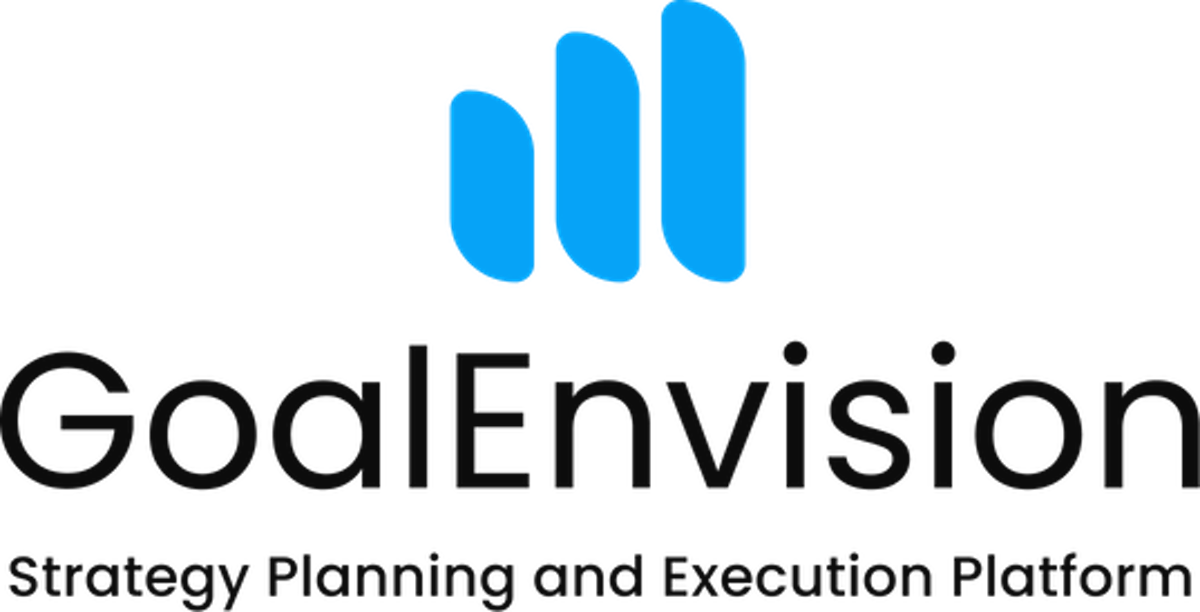Goal monitoring and evaluation
Share this article
Monitoring and evaluation are the final and crucial steps in the planning process. It involves actively monitoring and assessing the implementation of your plan to ensure that it achieves its objectives. In this article, we will explore the importance of monitoring and evaluation and how you can implement them effectively.
This article is part of our series of articles on business planning and strategies. You can find more articles in the series by clicking on the link below.
To GoalEnvision's series of articles on business planning
Why is monitoring and evaluation important?
Monitoring and evaluation helps you to:
- Measure progress: You can measure how well your plan is being implemented and whether it is achieving its objectives.
Learn more about how you can measure and monitor your business goals in GoalEnvision...
- Identifying anomalies: By monitoring activities and results, you can quickly identify any anomalies and problems.
Learn more about risk management and how to identify deviations...
- Improve the process: Evaluation provides insights that can be used to improve future plans and processes.
Steps for monitoring and evaluation
1. Set up follow-up mechanisms: define clear methods and mechanisms to monitor the implementation of your plan. These could be regular meetings, key indicators or reporting tools.
2. Follow up the timeline: Make sure that activities and actions follow the planned timeline. If there are delays, identify and deal with them quickly.
3. Collect data: Collect relevant data and information on results and performance. This can include quantitative and qualitative data.
4. Compare with targets: Compare the actual results with the original targets and timeframes to assess whether you are on track.
5. Identify problems: If problems or deviations occur, identify the causes and develop plans to resolve them.
6) Evaluate effectiveness: Assess whether the actions taken are effective in achieving the objectives. If not, consider adjustments or changes to the strategy.
7. Learn from experience: use the insights from the evaluation to learn from the experience and apply them to future plans and projects.
Example: Monitoring and Evaluation
Let's use an example to illustrate monitoring and evaluation. Suppose you have conducted a marketing campaign to increase sales of a product.
- Objective: Increase product sales by 20% within three months.
- Monitoring: During the campaign, you monitor sales data and campaign results on a weekly basis.
- Evaluation: After three months, you compare the actual increase in sales with the original target. You also analyse the costs of the campaign and its impact on sales.
- Insights: You discover that sales increased by 15%, not 20%, and that the campaign was more expensive than expected. You learn that targets may have been unrealistic and that cost control is important.
Learn more about how you can measure and monitor your business goals in GoalEnvision...
In conclusion
Monitoring and evaluation is a final step in the planning process that is essential to ensure success. By carefully monitoring activities, measuring results and learning from experience, you can improve your future plans and increase the chances of achieving your goals. Monitoring and evaluation is a circular process where insights are used to inform the next plan, and so on. In this way, you become more effective and successful in your planning.
Share this article
Did you like this article? Here is more...
Latest




